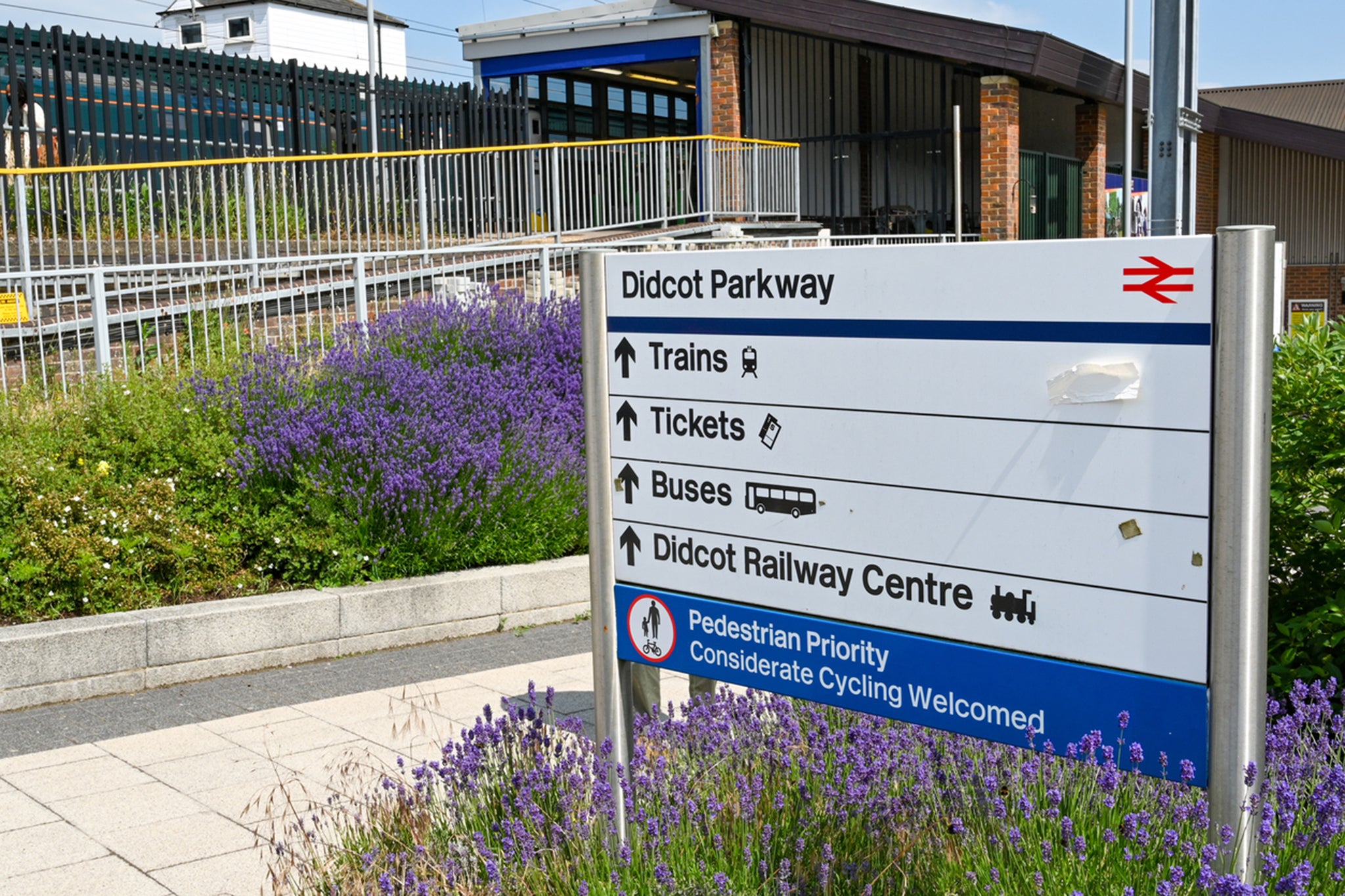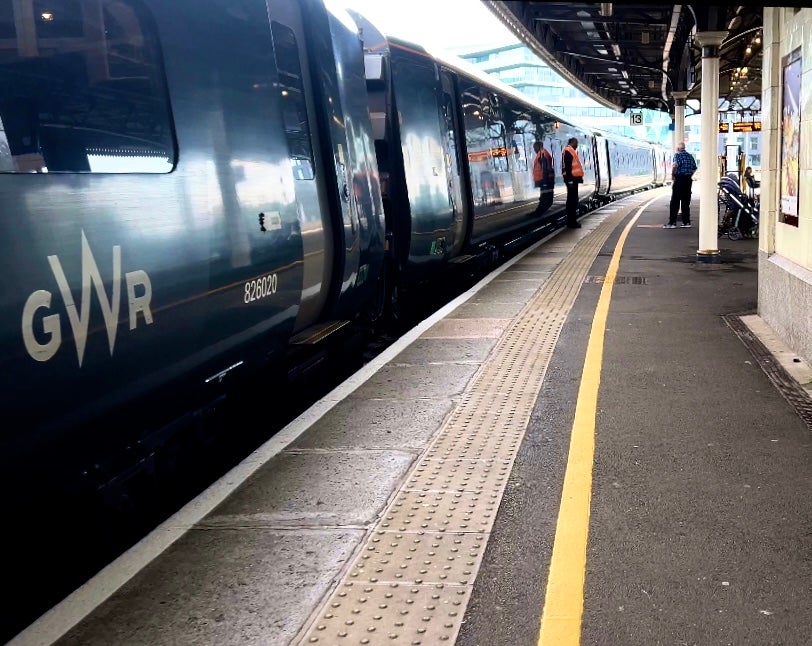Rail fare dodger – or simply bamboozled by the train ticketing ‘system’?
Train Talk: It’s a fine line between heavy-handed penalties and letting persistent offenders off the hook

One million pounds per day: that is how much fare dodging costs the country. TransPennine Express estimates one in 30 of its passengers does not have a valid ticket. Unsurprisingly, train operators are keen to catch people who set out to travel ticketless. But as today’s report from the Office for Rail and Road (ORR) shows: they can often be heavy-handed.
Some people inadvertently find that they are travelling without a valid ticket simply because the fare system is so darn complicated.
Take the journey from Bristol to London. Forget for a moment about complications such as advance tickets and railcard conditions. All you want is a standard ticket for immediate departure, whether you buy it from a ticket office (which only two out of five passengers do), online or through a ticket machine.
A so-called “walk-up ticket” comes in five different financial flavours (rounded here to the nearest pound). There's an anytime ticket, price £139, which it is difficult to imagine anyone buying. Rational passengers who need to travel in the rush hour would go for the “Didcot dodge”. You travel on the same train, in the same seat – just making sure it is one of the majority of services that stop at Didcot Parkway in leafy Oxfordshire. That will save you (or whoever is paying for your ticket) £52.
Anyone with a bit of flexibility can halve the number Great Western Railway first thought of by buying an off-peak ticket, price £67, for journeys between the peaks leaving London, and in the morning rush-hour only when heading from Bristol to the capital.

A bit more flex? The fare can fall a further one-third to £45, with a slightly more restrictive super-off-peak. But perhaps you’re in no great hurry to reach the capital? If you are happy to go the exceptionally pretty way through Bradford-on-Avon and Westbury, changing trains in Salisbury – that’s another 33 per cent discount, down to £33.
By now you may be reaching for the car keys – or perhaps the FlixBus or National Express apps, to secure a straightforward and low-cost option on the motorway. And that’s before the complexity of advance tickets and complicated railcard rules, which include some discounts that are available only in July and August.
Before you exclaim indignantly about the laughable complexity of it all, perhaps I can persuade you that there are good reasons for this range of options?
While the “system” baked in at the time of privatisation remains in place, the clunky inevitability of a “cliff-face” drop or rise in fares at the prescribed rush-hour boundaries will continue, and it will be in the commercial interests of the rail firms – and the taxpayer – to offer progressively lower prices if you are prepared to travel on the quietest trains or via a roundabout route.

Inevitably, though, some people find themselves travelling without the appropriate ticket. Or they may make a mistake online and select “16-25 Railcard” rather than “26-30” – and, even though the ticket price is exactly the same, face possible prosecution.
For me, that was the most shocking aspect of the ORR report – that railway people would conclude that an error which made no difference to fare revenue was worthy of pursuit. The staff I have encountered would have had a quiet word to just recommend more care next time.
The best policy for any passenger uncertain of the validity of their ticket/railcard combo is simply to ask staff on the station gateline or the train guard whether they can travel.
But some will remain blissfully unaware that they have the wrong sort of ticket.
I contend that most of the people who inadvertently breach fare rules are making occasional journeys and are bamboozled by the range of fares and railcard rules.
Conversely, most of the “professional” fare dodgers know exactly what they are doing and are making regular journeys for which they don’t fancy paying the right price.
It is down to rail staff to judge which side each errant traveller is on. And, from my observation, most of the time they get it right.
Join our commenting forum
Join thought-provoking conversations, follow other Independent readers and see their replies
Comments